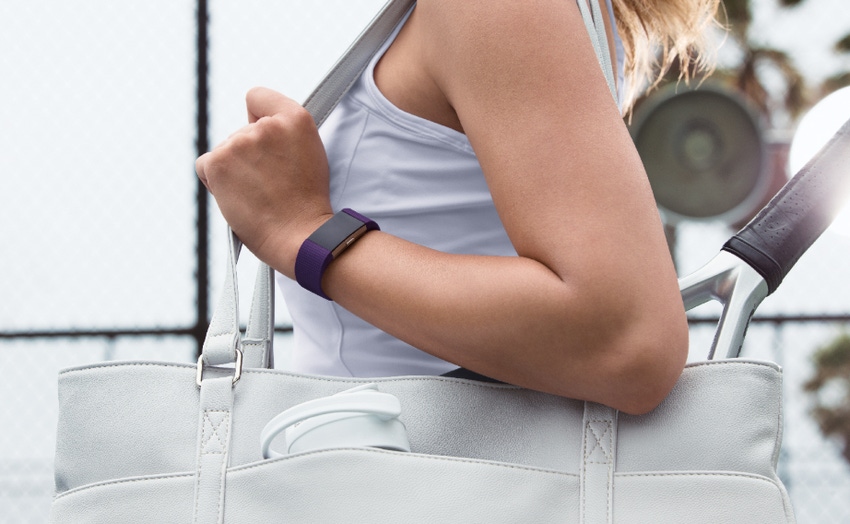Google has announced it has entered into a definitive agreement to acquire wearables brand Fitbit as it further explores its options in the hardware segments.
November 1, 2019

Google has announced it has entered into a definitive agreement to acquire wearables brand Fitbit as it further explores its options in the hardware segments.
While wearable fitness devices are certainly a long-slog away from Google’s core competencies, it has already shown it is able to gain traction in the hardware segments with the success of its smart speaker. With the Pixel smartphones, smart speakers, Chromebook, the Nest Thermostats and now Fitbit, Google is certainly spreading its wings.
“Three and a half years ago, I joined Google to create compelling consumer devices and services for people around the world,” said Rick Osterloh, SVP of Devices & Services.
“Our hardware business is still relatively young, but we’ve built a strong foundation of capabilities and products, including Pixel smartphones and Pixelbooks, Nest family of devices for the home, and more.
“Google also remains committed to Wear OS and our ecosystem partners, and we plan to work closely with Fitbit to combine the best of our respective smartwatch and fitness tracker platforms. Looking ahead, we’re inspired by the opportunity to team with Fitbit to help more people with wearables.”
Although this has been a rumour which has been circulating for a while, it certainly looks like a sensible move for the internet giant. This is another example of Google doing what Google does; throws money at an idea which it likes.
The core Google business model is a relatively simple one. Its services are some of the best available, however to continue growth it needs to ensure these services are being pushed into new ecosystems. For example, it started as a desktop application, before buying Android and dominating the mobile space, then when the voice user interface started to gather steam, it brought out a range of smart speakers. Each of these moves takes the core Google services into a new domain, and Fitbit is no different.
The wearables segment has constantly promised the world but delivered only a fraction, though there does seem to be gathering momentum. Smart watches and other wearable devices are becoming more popular, and it does offer Google another opportunity to interact with the consumer in a different environment.
Google currently has a voice assistant which allows for the voice user interface, Fitbit devices will soon enough be powered by Google’s Wear OS, while it has been doing some promising work in gesture control also. These elements would all link back to Google’s other services, such as the Mapping product or search engine. Fitbit looks like an attractive investment because it offers Google another opportunity to make money in another domain.
Despite being an incredibly sound brand, Fitbit has been suffering in recent years. It found fame and success in delivering a niche wearable device for fitness enthusiasts, though as the wearables segment slowly evolved, it did not. Other more complex devices evolved to offer fitness elements, stealing some of the shine from the Fitbit. Its own attempts to create smart watches have been hit and miss.
Fitbit does need to evolve its product beyond the niche fitness devices which it produces today, but to develop something which is competitive in a market with the likes of Apple, it will take cash. Fortunately, this is something Google can contribute with abundance. However, Google will have to make sure it lets Fitbit be Fitbit.
Google will have to make sure it leaves the Fitbit team on its own to hire the right people and design the right products. Google’s heritage is in software after all and wearables need to marry substance and style. We suspect a horde of software engineers might not be the best suited to get too involved.
Should Google leave the Fitbit team to create an excellent product, just like it left Nest on its own, and marry the devices to its wider service ecosystem, this could be a very crafty acquisition.
About the Author(s)
You May Also Like








.png?width=300&auto=webp&quality=80&disable=upscale)


_1.jpg?width=300&auto=webp&quality=80&disable=upscale)


.png?width=800&auto=webp&quality=80&disable=upscale)